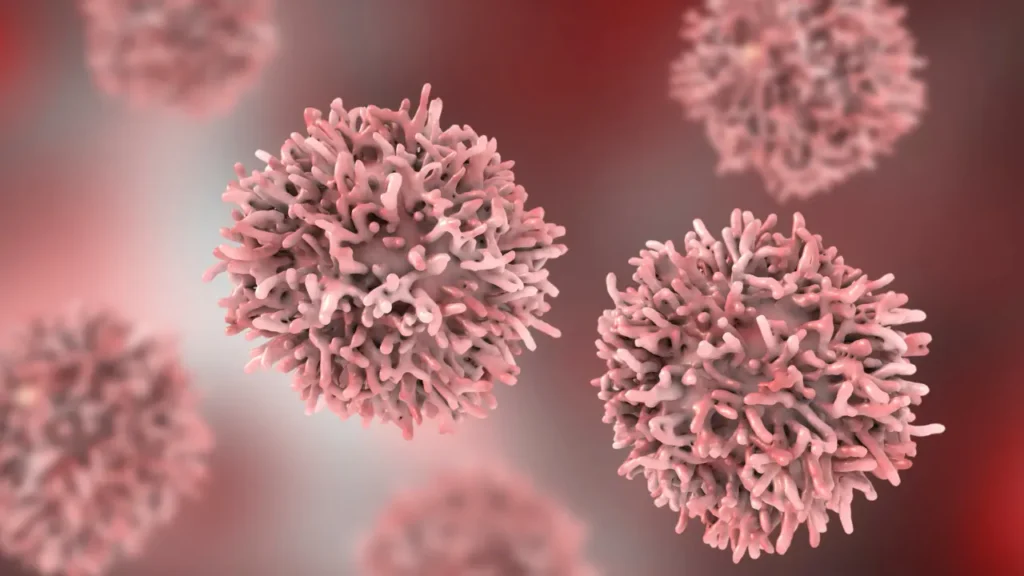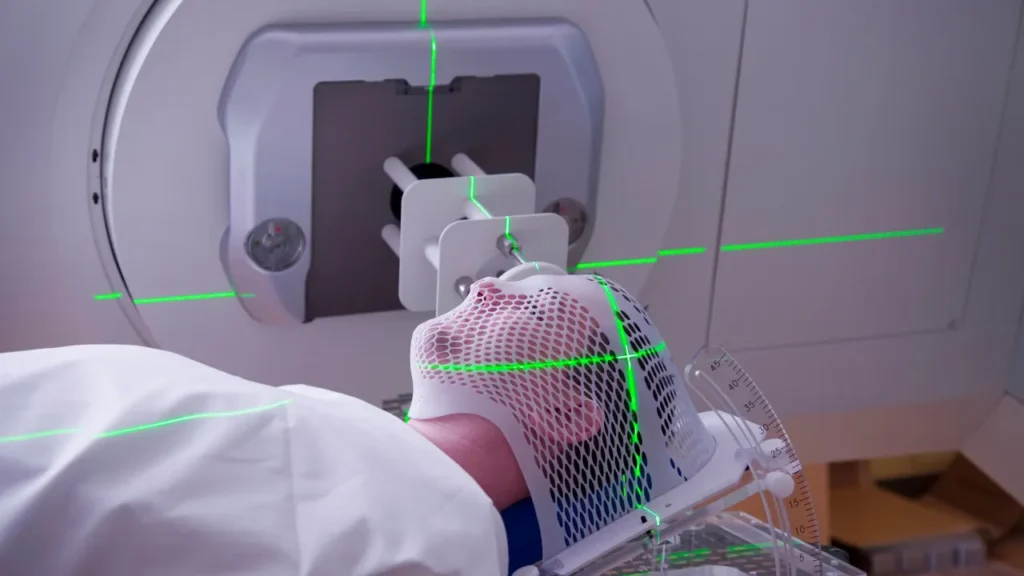Antineoplastons are a collection of peptides and amino acids that are present in every cell in the body. These peptides were found and extracted in the 1970s by the Polish-American biochemist Dr. Stanislaw Burzynski, who later used them to treat cancer. Antineoplastons have been investigated for its potential as a dietary supplement as well as for their potential as a treatment and prevention for cancer. We will examine the nature of antineoplastons, their health advantages, the best dosage, side effects, possible drug interactions, and other pertinent details surrounding their safe usage in this article.
You May Also Like:
5 Things to Consider When Choosing the Best Mushrooms for Mental Health
Dr Emil Nutrition Lion’s Mane Reviewed: A Leading Nootropic Mushroom Product
ANTINEOPLASTONS: Benefits, Dosage, Side Effects, Drug Interactions, And Other Important Information is an original (NootropicsPlanet) article.
Nature of Antineoplastons
Antineoplastons are peptides and amino acids that are present in the human body naturally. They have been discovered to have anticancer and anti-inflammatory activities and are synthesised by the liver and kidneys. The two types of substances that make up antineoplastons are phenylacetic acid (PA) and phenylacetylglutamine (PAG). It is challenging to research the effects of these substances since they are present in the body at meagre concentrations and are challenging to remove.
Antineoplastons were discovered in the 1970s by Dr. Stanislaw Burzynski, who later turned them into a cancer treatment. He discovered that antineoplastons might target cancer cells while sparing normal cells. This contrasts with conventional cancer treatments like chemotherapy and radiation, which can have negative side effects and harm healthy cells.
Health Benefits of Antineoplastons
For example, antineoplastons have been investigated for their potential to treat and prevent cancer. Antineoplastons can kill cancer cells and prevent their growth and spread, according to research. They have also been discovered to possess anti-inflammatory effects, which may enhance their capacity to combat cancer.
Antineoplastons have been investigated for their potential as a dietary supplement in addition to their promise as a cancer treatment. Antineoplastons, according to studies, can lessen oxidative stress and inflammation in the body, which has a variety of positive effects on health, including boosted immunity, lowered risk of chronic diseases, and enhanced cognitive performance.

Chemistry of Antineoplastons
The two types of chemicals that make up antineoplastons are phenylacetic acid (PA) and phenylacetylglutamine (PAG). Phenylalanine, an important amino acid, is converted into PA, a monocarboxylic acid, in the liver and kidneys. Glutamine, a non-essential amino acid, and PA combine to form the dipeptide known as PAG.
The ability of PA and PAG to target cancer cells while sparing healthy cells from damage was identified by Dr. Burzynski. This is due to the high demand that cancer cells have for amino acids, such as phenylalanine and glutamine, in order to maintain their quick growth and division. Antineoplastons function by selectively depriving cancer cells of certain amino acids, triggering cell death in the cancer cells while sparing healthy cells.
Physiological Mechanisms of Action of Antineoplastons
Antineoplastons’ physiological mechanisms of action are not well known. However, it is thought that antineoplastons function by concentrating on the signalling pathways, such as the PI3K/AKT and MAPK/ERK pathways, that control cell growth and division.
The activation of these pathways in cancer cells has been demonstrated to be inhibited by antineoplastons, which can result in a reduction in cell growth and division as well as an increase in cell death. By turning on tumour suppressor genes and shutting down anti-apoptotic genes, antineoplastons can also cause cancer cells to undergo a process known as programmed cell death, or apoptosis.
Antineoplastons have also been discovered to have anti-inflammatory characteristics, which may enhance their capacity to combat cancer. Antineoplastons may be able to lessen oxidative stress and inflammation in the body because these conditions have been connected to the onset and progression of cancer.

Optimal Dosage of Antineoplastons
It is not widely known what the ideal dosage of antineoplastons should be. In his cancer treatments, Dr. Burzynski has used a range of antineoplaston doses, from little to large. The type and stage of the cancer being treated, the patient’s general condition, and their medical history may all have an impact on the dosage.
There is presently no defined suggested dosage for antineoplastons as a food supplement. However, other research has employed daily dosages between 1-4 gm, not to exceed 10-40g depending on your weight, age and gender. It is significant to remember that the effectiveness and safety of these levels have not been thoroughly demonstrated, and people should speak with a healthcare professional before using any dietary supplements.
Side Effects of Antineoplastons
Side effects are possible with antineoplastons, especially at large doses. Headaches, tiredness, and nausea are typical adverse effects. Antineoplastons can occasionally have more severe adverse effects, like seizures or allergic reactions.
It is significant to emphasize that antineoplastons’ safety and effectiveness as a cancer treatment have not been thoroughly proved. The Food and Drug Administration (FDA) in the United States does not approve the use of antineoplastons for the treatment of cancer, and the medical community does not generally accept the therapy.

Potential Substance Interactions with Antineoplastons
Other substances, such as prescription drugs, over-the-counter drugs, and other dietary supplements, may interact with antineoplastons. Before taking antineoplastons, people should speak with a healthcare professional to be sure there won’t be any interactions, especially if they also take other medications or dietary supplements.
Responsible Use of Antineoplastons
Antineoplastons should not be utilized in place of standard cancer therapies like chemotherapy and radiation, it is vital to highlight. Numerous forms of cancer have been successfully treated with these therapies, according to comprehensive research. Only use antineoplastons as a complementary therapy while being supervised by a licensed healthcare professional.
Additionally, people need to understand that antineoplastons do not treat cancer. They might be effective at treating cancer, but further studies are required to determine their safety. Antineoplastons are not a replacement for a healthy lifestyle, which includes a balanced diet, frequent exercise, and stress management, as well, so people should be aware of that.
ANTINEOPLASTONS:
Conclusion
Antineoplastons present a fascinating avenue in cancer research and treatment, stemming from the discovery by Dr. Stanislaw Burzynski in the 1970s. These peptides and amino acids, with their potential for anticancer and anti-inflammatory properties, offer hope for improved cancer therapies.
However, despite promising findings, their exact mechanisms of action and optimal dosage remain unclear, which, in turn, warrants further research and clinical trials. Moreover, it’s crucial to approach Antineoplastons with caution, recognizing potential side effects and the lack of widespread medical acceptance, while always consulting healthcare professionals for guidance on their safe and responsible use in conjunction with standard cancer treatments.

References:
- Toxicological study on antineoplastons A-10 and AS2-1 in cancer patients. Retrieved from: https://pubmed.ncbi.nlm.nih.gov/8667595/
- Antineoplaston therapy. Retrieved from: https://www.cancerresearchuk.org/about-cancer/treatment/complementary-alternative-therapies/individual-therapies/antineoplaston-therapy#:~:text=Antineoplaston%20therapy%20is%20a%20type,can%20help%20to%20treat%20cancer.&text=Antineoplastons%20are%20found%20in%20urine,it%20as%20a%20cancer%20treatment.
- Targeting PI3K/Akt signal transduction for cancer therapy. Retrieved from: https://www.ncbi.nlm.nih.gov/pmc/articles/PMC8677728/
Important Note: The information contained in this article is for general informational purposes only, and should not be construed as health or medical advice, nor is it intended to diagnose, prevent, treat, or cure any disease or health condition. Before embarking on any diet, fitness regimen, or program of nutritional supplementation, it is advisable to consult your healthcare professional in order to determine its safety and probable efficacy in terms of your individual state of health.
Regarding Nutritional Supplements Or Other Non-Prescription Health Products: If any nutritional supplements or other non-prescription health products are mentioned in the foregoing article, any claims or statements made about them have not been evaluated by the U.S. Food and Drug Administration, and such nutritional supplements or other health products are not intended to diagnose, treat, cure, or prevent any disease.


